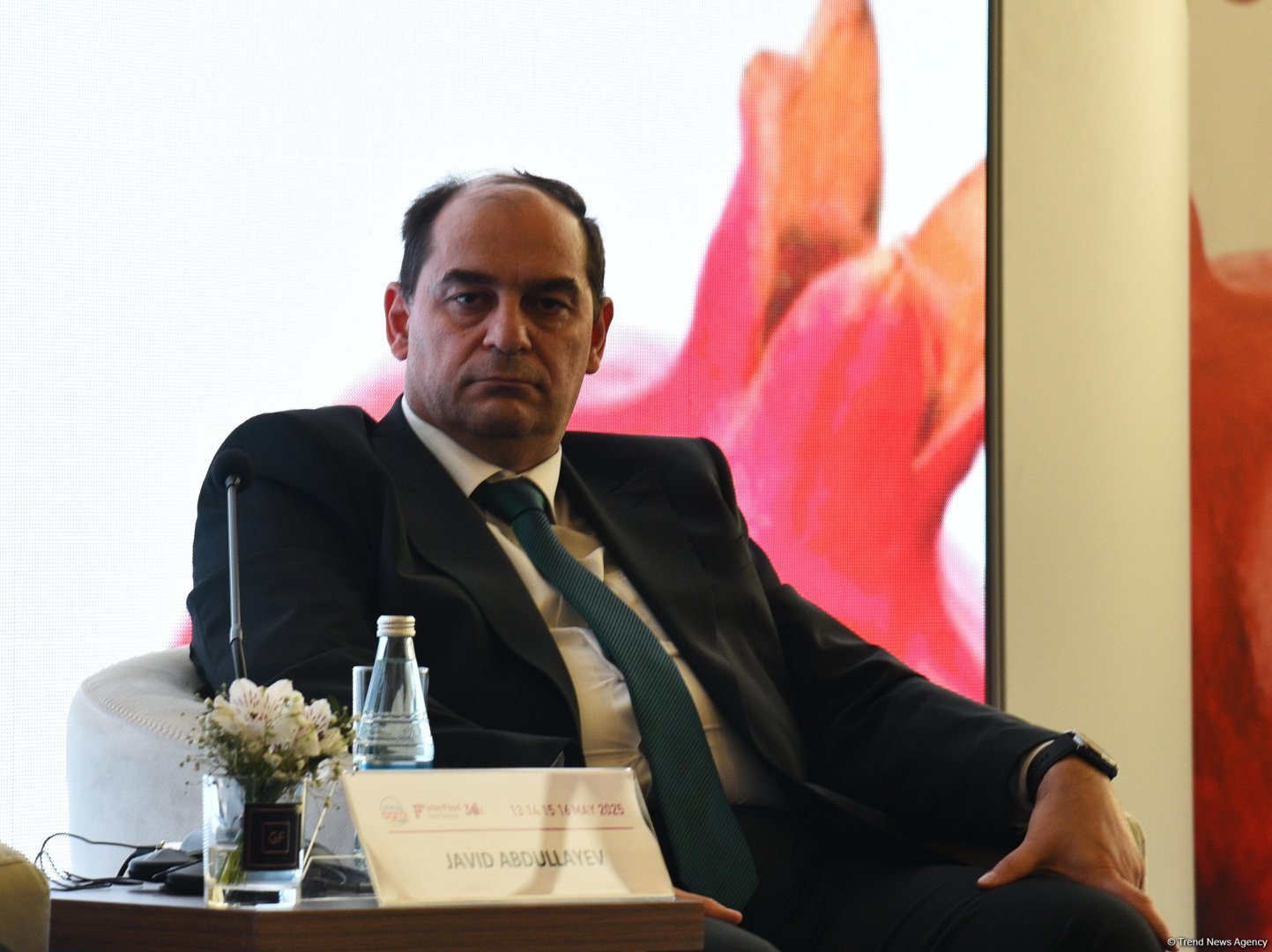EU Court of Auditors criticizes lack of transparency regarding COVID funds

Brussels – The EU’s Corona Recovery Fund has numerous weaknesses: According to an analysis presented on Tuesday by the European Court of Auditors, the fund, endowed with 650 billion euros, has played a crucial role in the EU’s recovery after the pandemic. However, there is hardly any information about the actual results and none about the actual costs. Therefore, it is unclear what citizens actually receive for their money, the auditors stated.
The so-called Recovery and Resilience Facility (RRF) was established in 2021 as the main component of the NextGenerationEU (NGEU) recovery fund. It finances reforms and investments; the focus is on measures for green or digital transformation. To receive funds, EU countries must achieve the milestones and targets set in their national plans in advance. This is the first time that the EU is distributing funds on such a large scale that are linked not to costs but to targets to be achieved.
“EU policymakers must learn from the RRF and must not allow a similar instrument in the future without having information about the actual costs, the end recipients, and a clear answer to the question of what citizens actually receive for their money,” said Ivana Maletić, one of the two members responsible for the analysis at the Court of Auditors. “In future performance-based budgets, funding must be more closely linked to results and based on clearly defined rules. Otherwise, such a system should not be used,” said Jorg Kristijan Petrovič, the second member of the Court of Auditors responsible for the analysis, at the press conference.
Two audits on Austria are ongoing
Austria’s national recovery plan was one of the first to be reviewed by the Commission, positively assessed, and approved by the Council. After changes approved in October 2023, the total volume amounts to around 4 billion euros. According to the EU Commission, the amended plan allocates 56 percent of the funds for measures in favor of climate goals, significantly exceeding the required target of 37 percent. The Commission is currently reviewing another proposal from Austria for adjustments to the national recovery plan.
According to the ECA, Austria submitted all payment requests planned until the end of 2024 to Brussels. However, as of the cut-off date of April 30, 2025, the Commission has only disbursed an initial tranche of 700 million euros in addition to the pre-financing. The payment request for 1.6 billion euros is still being processed. Austria was included in the sample of the ECA for two completed RRF audits (double financing, annual audit 2023). Two more RRF audits involving Austria are ongoing, focusing on reforms in the business environment as well as the traceability and transparency of the funds.
Analysis aims to draw lessons for future EU budget
The auditors aim to draw lessons for the design of the next multiannual EU budget starting in 2028 from their analysis of several reports. The Commission’s proposal is expected to be presented on July 8. The current EU financial framework has been in place since January 1, 2021, and will last until December 31, 2027. According to the ECA analysis, the main conclusion is that future programs must guarantee accountability and transparency regarding costs.
Despite recent improvements, the controls of the RRF are still not tight enough, the auditors criticize. For example, the EU Commission largely relies on EU countries to uncover and rectify serious violations themselves. However, the control systems of the EU countries have weaknesses. The EU Commission can only reclaim funds in serious cases such as fraud in specific violations of procurement regulations.
Overall, the implementation is progressing slowly according to the analysis, jeopardizing the achievement of the goals. A large part of the projects still needs to be implemented by August 2026. But even if the EU funds eventually flow to the national budgets, this does not mean, according to ECA experts, that the money actually reaches the end recipients and the real economy. The fact that the RRF is almost entirely financed through loans is also problematic due to the rising interest rates in recent years. Therefore, the auditors call for the establishment of loan repayment plans in advance for future borrowing. (May 6, 2025)
What's Your Reaction?
 Like
0
Like
0
 Dislike
0
Dislike
0
 Love
0
Love
0
 Funny
0
Funny
0
 Angry
0
Angry
0
 Sad
0
Sad
0
 Wow
0
Wow
0


















































.png?Expires=1838763821&Key-Pair-Id=K2ZIVPTIP2VGHC&Signature=IO0~CT3pU-TcxGc~yoZSmoQx23MZVuK-~4jSii~NKEblRmyO3el7NXPu~Rh1o23voASg7hlcHLw4kvQuDK1jssEhcjoNBBvEpZ~GGOAU6yosBhpHpeF179F~h7i6VxmsBNh9gtTutkoqY73O2YCFey~IAqSzKbBqETP1kP9cAg1916Z1YkJJs-5MliMrkZ5d7-mWGLbpHp2wGj2VlMph8XzYlL4~y1O7fB~JdIS~Rs4RMRs2x0WT1qUIpHAsf3GdwtOyAmKFSpIg8xCyNGZZ5h~13nXlmpd7uPvW8tBfttpG9pFTqcway-uch5WyfHOEfi7UlJCOWrr6fCYY5PMgSg__)







